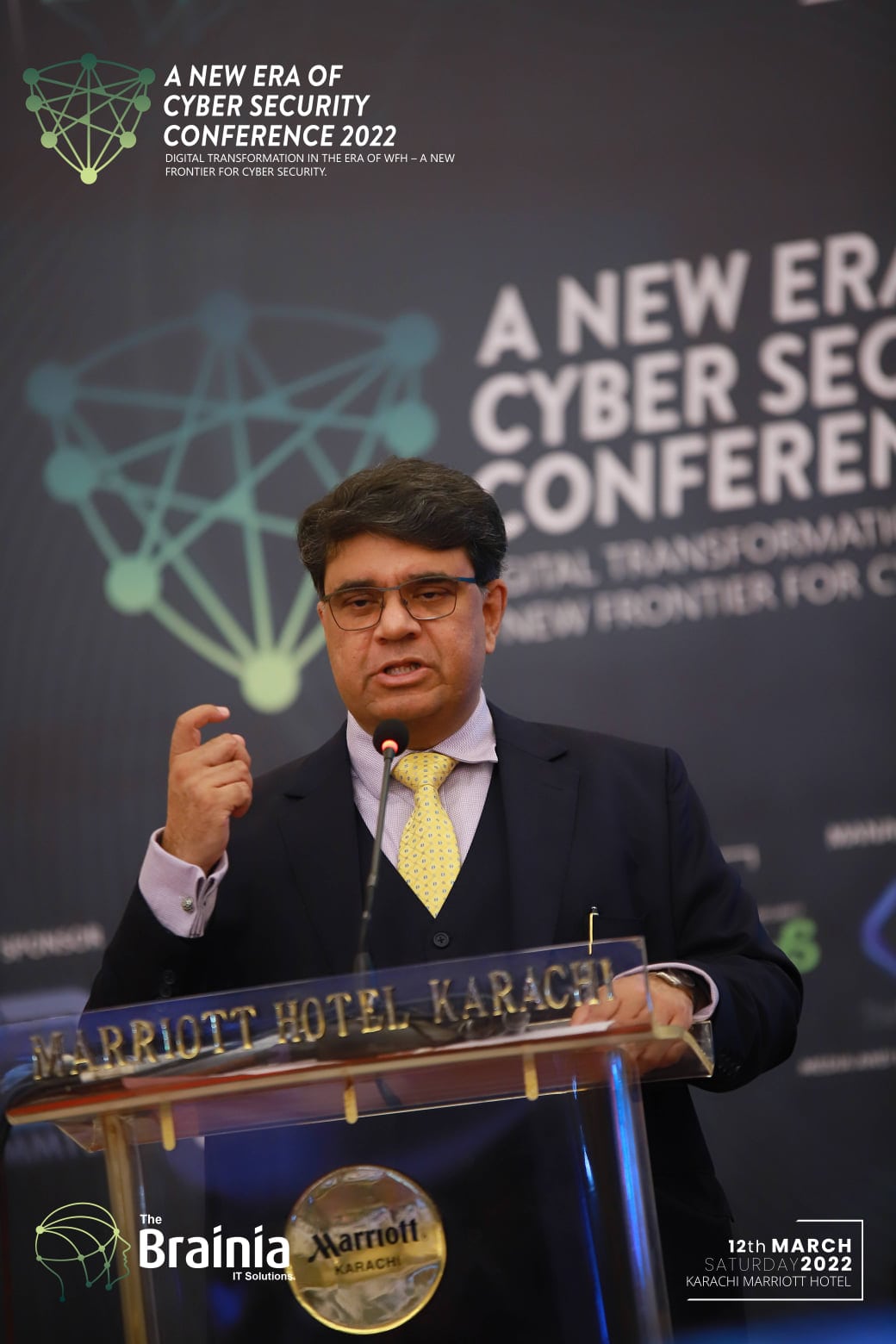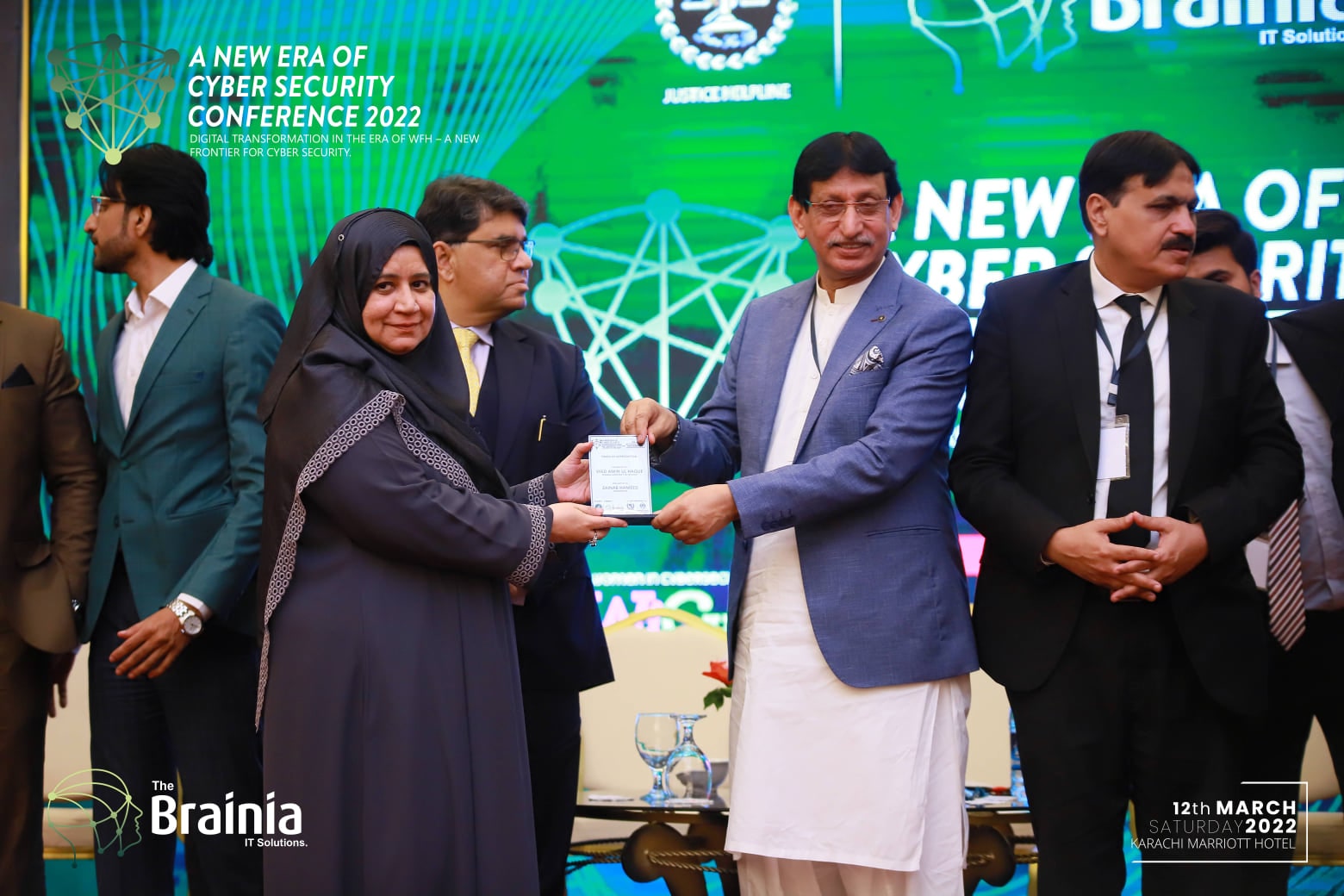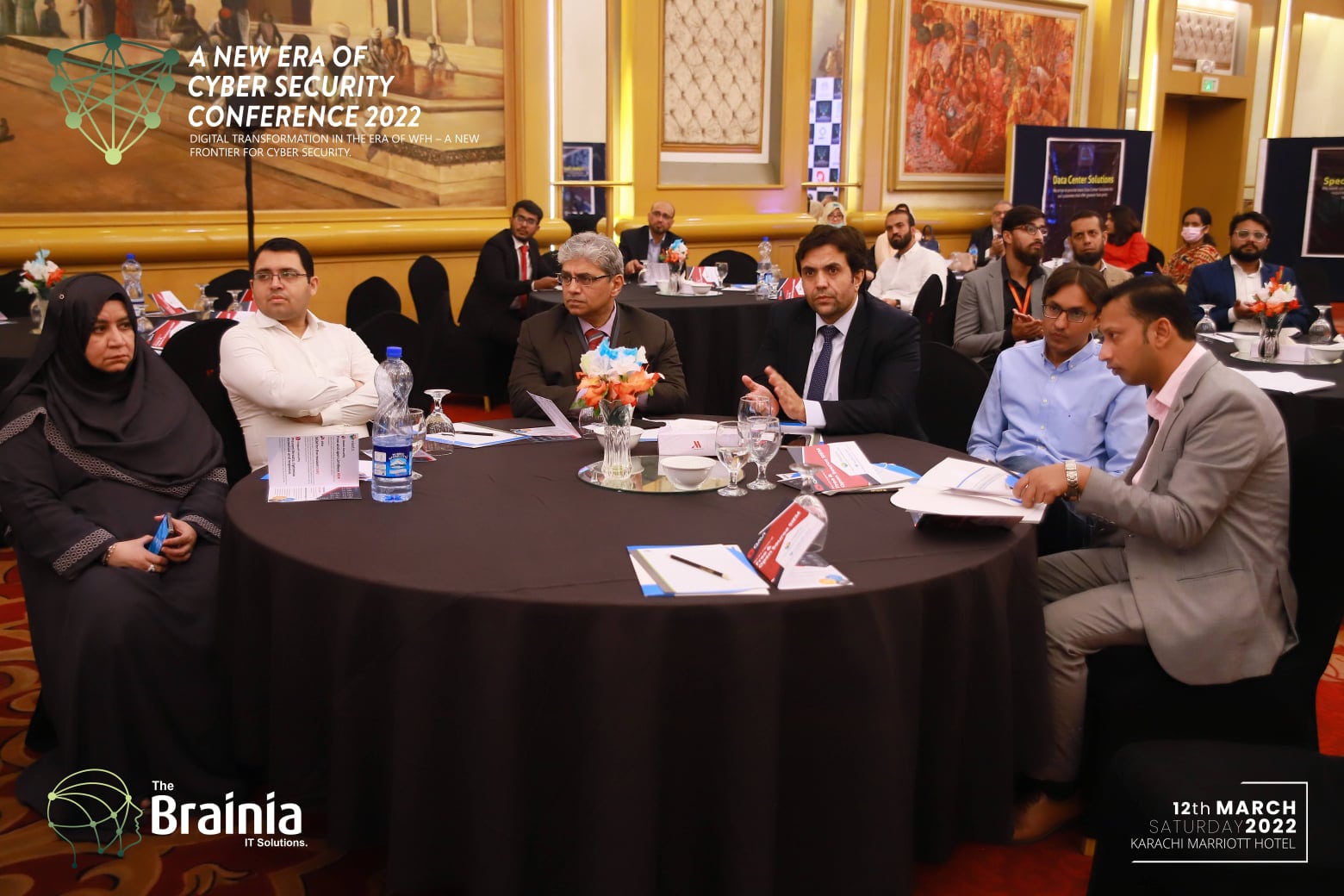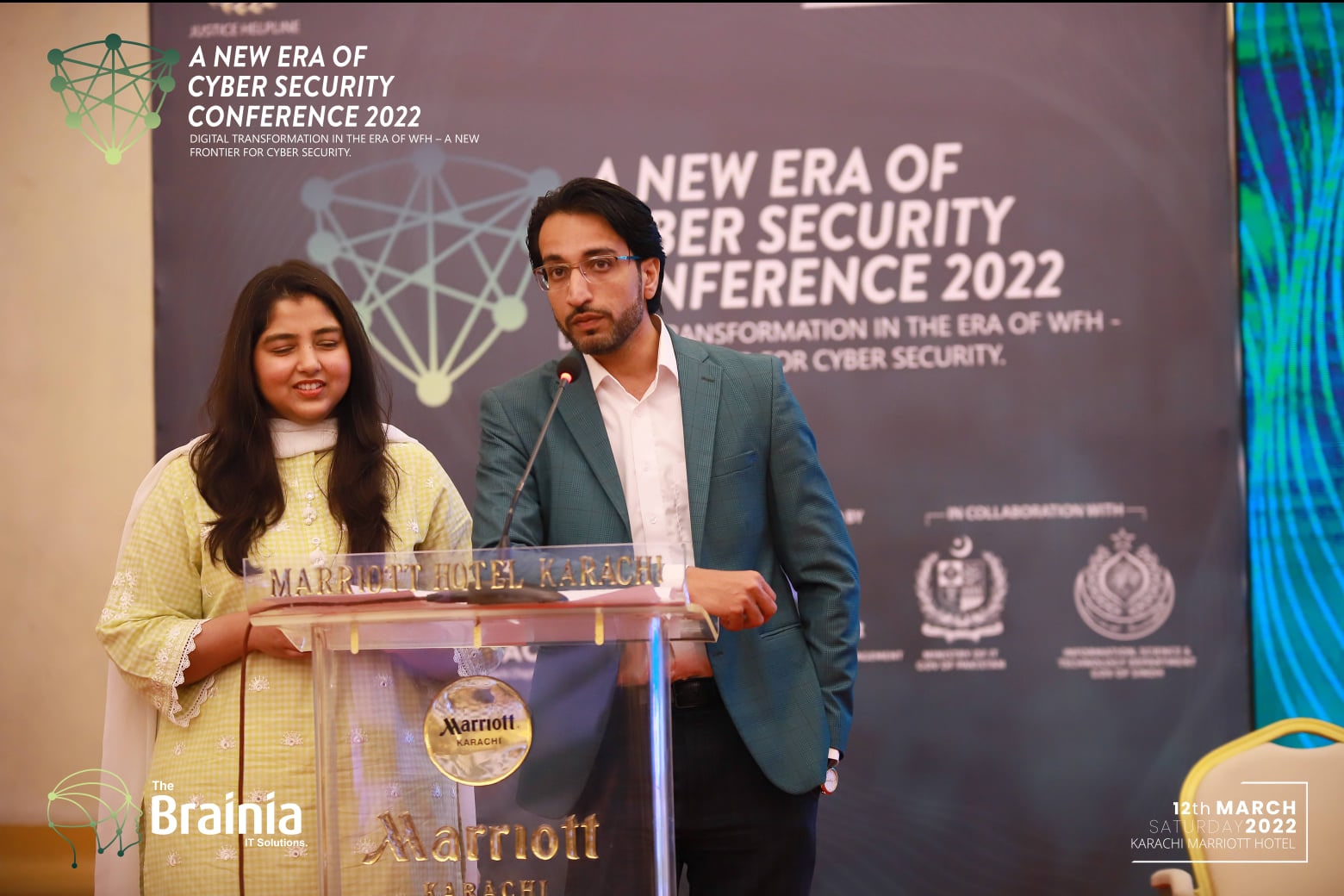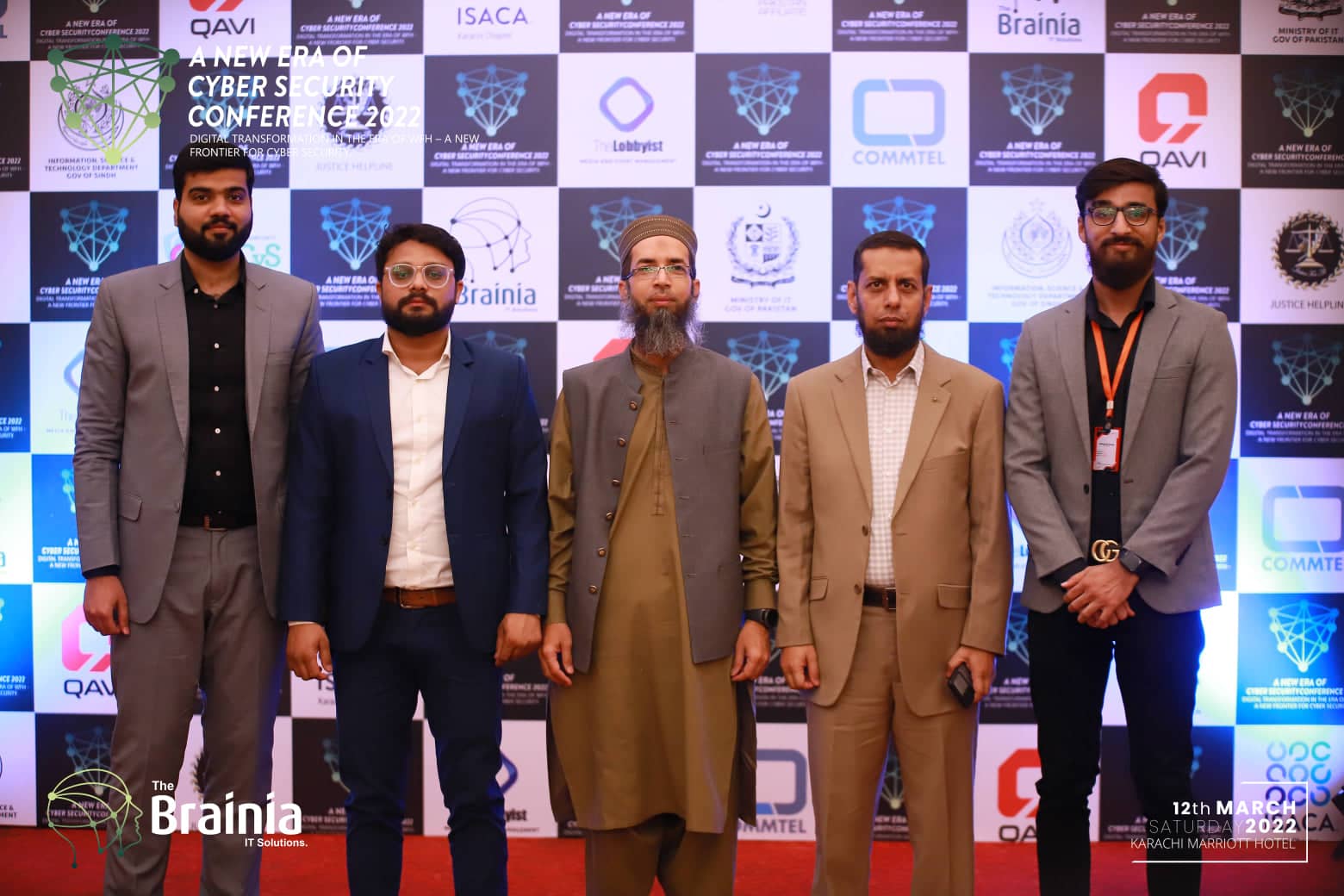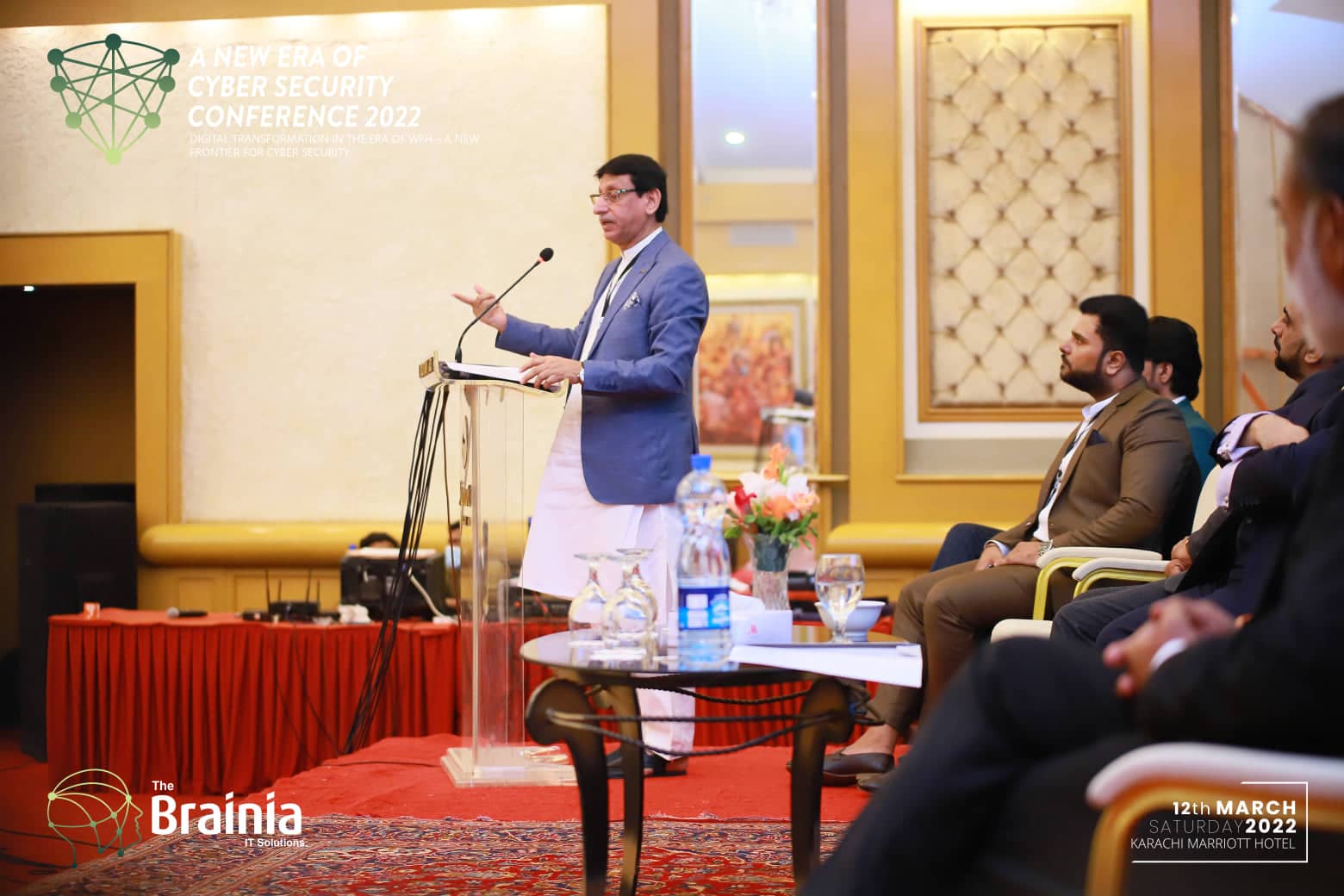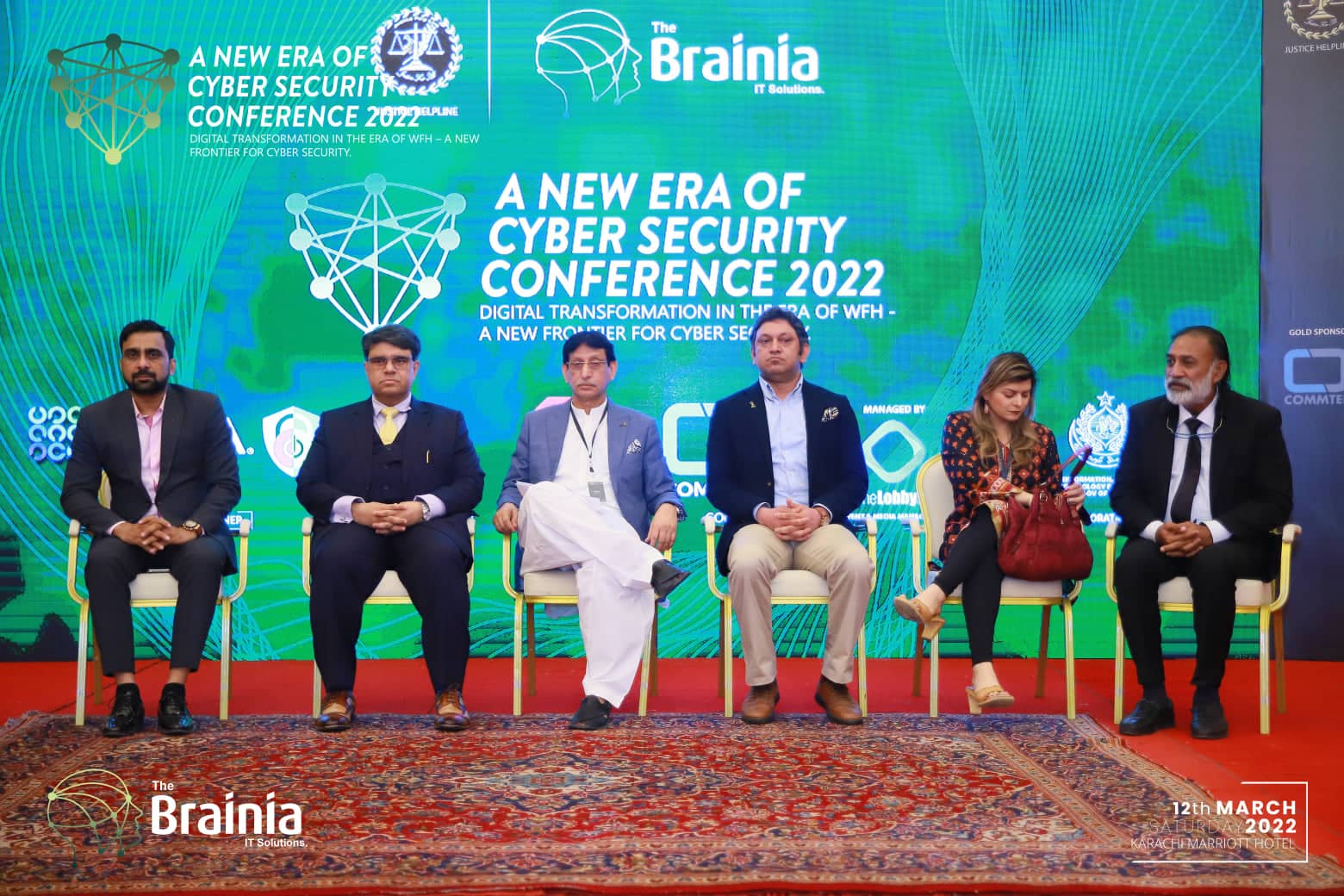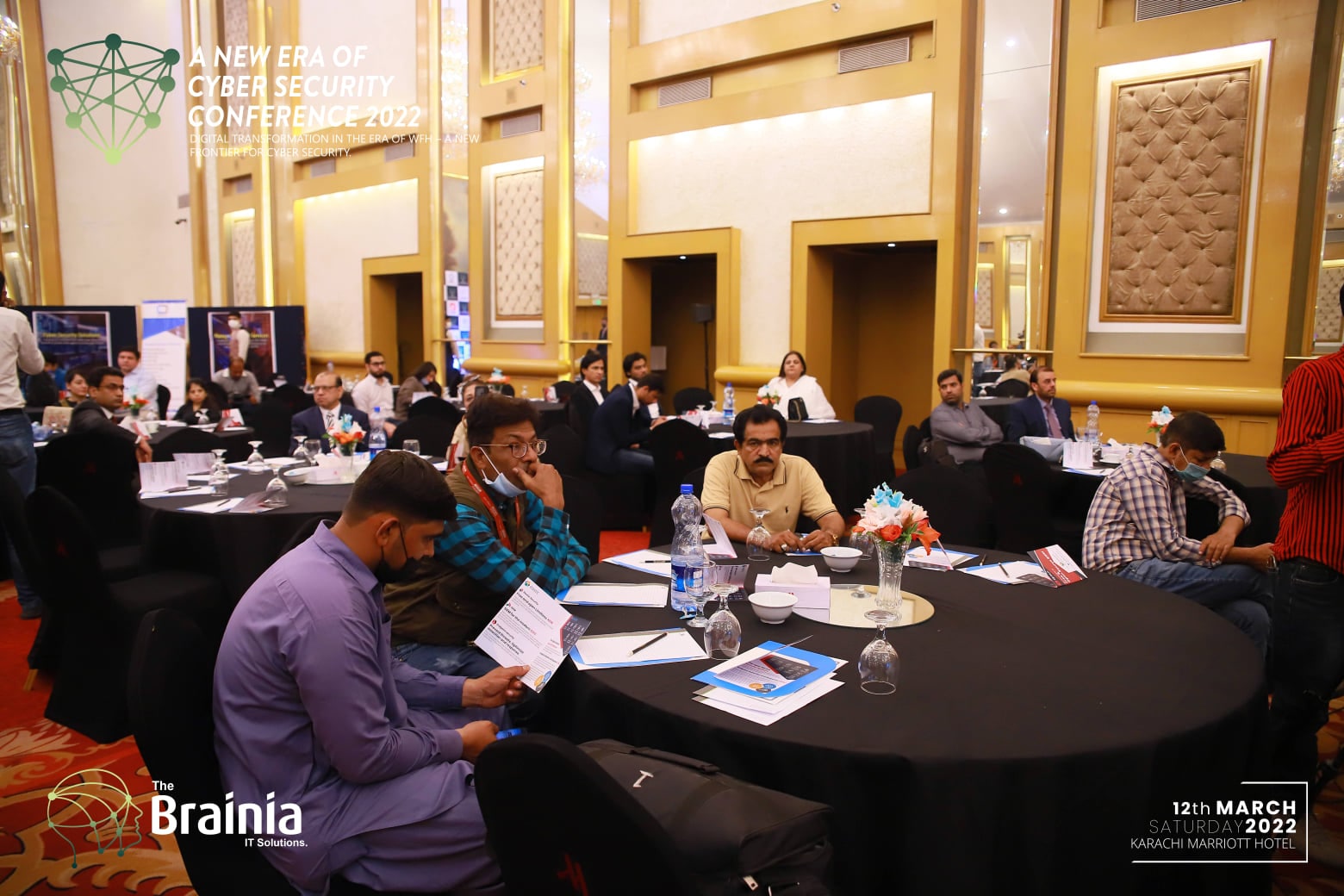01.

The New Era of Cyber Security Conference 2022 - Digital transformation in the era of WFH – a new frontier for cyber security.
Agenda
- Work-from-anywhere cyber security risks: preventing cybercriminals from tapping in on WFH loopholes.
- Transitioning from traditional to modern cyber security practices and infrastructure.
- Revamping cybersecurity programs to meet demands in the new normal i.e. Zero Trust Architecture, enhanced cloud protection, and resilience.
- Managing enterprise in remote access.
- Challenges faced by Pakistan in Cybersecurity.
- Digitalization Risks.
- Rising Cybercrimes.
- Skills Gap - Lack of cybersecurity expertise.
About NEOCSC2022
Making cyberspace secure and trustworthy is a critical challenge confronting society. The fragility and vulnerability of cyberspace have exposed societies and individuals to untold risks with severe consequences. Achieving a more secure cyberspace demands overcoming major scientific challenges and realizing privacy and trust in cyberspace requires reconciling technology with human and societal needs. New advances in technology for cyberspace, changes in society, and adoption in new domains will also necessitate a rethinking of the interplay between security, privacy, and trust in cyberspace. This Conference includes new principled approaches to protect and defend cyberspace against harmful actions by determined adversaries and to assess their effectiveness. The Conference also seeks to explore innovative approaches for growing a capable, next-generation cyber workforce, and for accelerating the transition of successful cybersecurity research into practice and useful products and services.
The Brainia IT Solutions Company in collaboration with the Information Science and Technology Department Gov of Sindh is planning this conference, in order to preserve the growing social and economic benefits by thwarting adversaries and strengthening the public trust in cyber systems. The plan calls for sound mathematical and scientific foundations, principled design methodologies, and metrics for evaluating success or failure for securing cyberspace. Highlighted in the plan is the need for socio-technical approaches that consider human, social, organizational, economic, and technical factors, and the complex interaction among them, in the creation, maintenance, and operation of secure systems and infrastructure. The plan underscores the need for rapid transfer of research results to potential users, including the dissemination of best practices, outreach activities, and research infrastructure. Finally, the plan calls for research in cybersecurity education to satisfy the present and future workforce demands for qualified cybersecurity professionals.
The plan calls for characterizing key socio-technical issues that challenge privacy and articulating goals for research in social, behavioral, and economic sciences needed for designing, using, and evaluating these socio-technical systems. The Conference highlights the need for networking and information technology research for underlying privacy-enhancing technologies and related topics.
This solicitation supports these strategies for secure and trustworthy cyberspace with privacy imperatives, which are critical to our national priorities in commerce, education, energy, financial services, healthcare, manufacturing, and defense. In strong alignment with the objectives in these plans, in collaboration with industrial and international partners, takes an interdisciplinary, comprehensive, and holistic approach to cybersecurity and privacy research, development, technology transfer, and education.
Gallery





